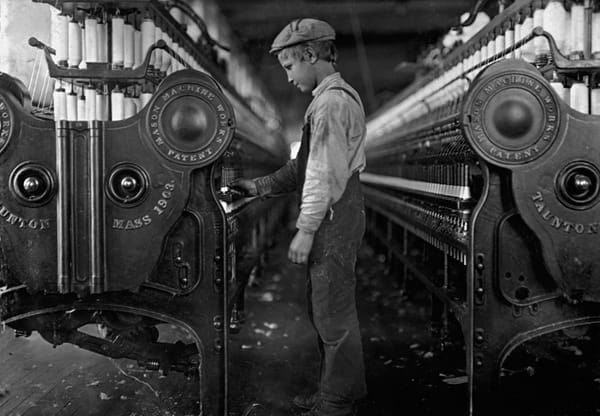The apostles of artificial intelligence promise a brave new world, where new technologies create works of art, guide users toward truth, and bring us closer together. So far, however, AI has been used to replace human writers at Sports Illustrated, mine newspapers and books for information Google can pirate for its own profit, and make fake Taylor Swift porn. This week, Google’s new AI engine washed European people and their descendants out of their own history. The company has since promised a fix, and the project’s leader has deleted his long list of hyper-political tweets. But it’s already safe to conclude the reality of AI differs greatly from its promise.
We shouldn’t be surprised. The same promises were made at the dawn of social media, while its actual impact has been a disaster for societal cohesion and mental health. Still, we barrel onward in fierce competition with foreign firms to create the next thing. Activists and would-be regulators are depressed, but maybe they shouldn’t be. A century ago, the same types had little cause for hope in their battle to tame the wilder and deadlier aspects of the Industrial Revolution. Then came a breakthrough.
